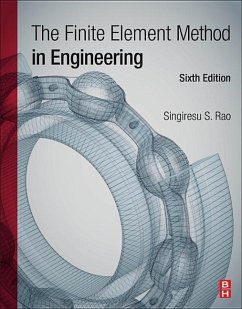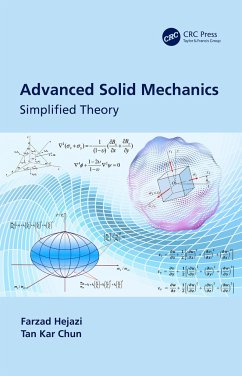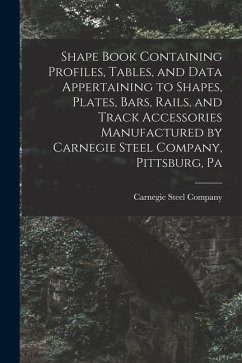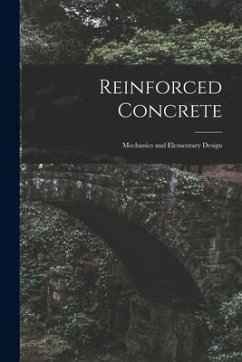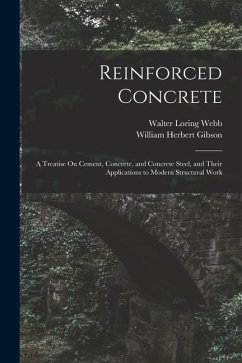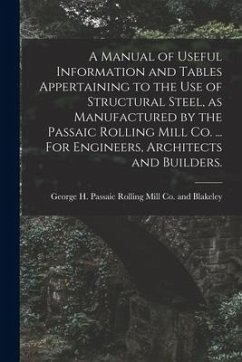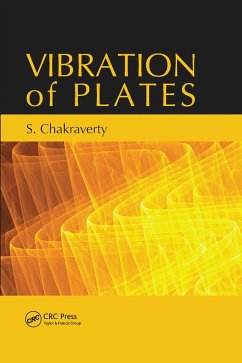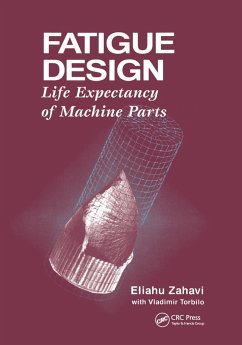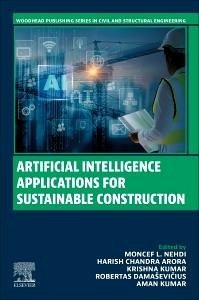
Artificial Intelligence Applications for Sustainable Construction

PAYBACK Punkte
107 °P sammeln!
Artificial Intelligence Applications for Sustainable Construction presents the latest developments in AI and ML technologies applied to real-world civil engineering concerns. With an increasing amount of attention on the environmental impact of every industry, more construction projects are going to require sustainable construction practices. This volume offers research evidence, simulation results, and case studies to support this change. Sustainable construction, in fact, not only uses renewable and recyclable materials when building new structures or repairing deteriorating ones, but also a...
Artificial Intelligence Applications for Sustainable Construction presents the latest developments in AI and ML technologies applied to real-world civil engineering concerns. With an increasing amount of attention on the environmental impact of every industry, more construction projects are going to require sustainable construction practices. This volume offers research evidence, simulation results, and case studies to support this change. Sustainable construction, in fact, not only uses renewable and recyclable materials when building new structures or repairing deteriorating ones, but also adopts all possible methods to reduce energy consumption and waste. The concisely written but comprehensive, practical knowledge put forward by this international group of highly specialized editors and contributors will prove to be beneficial to engineering students and professionals alike.



